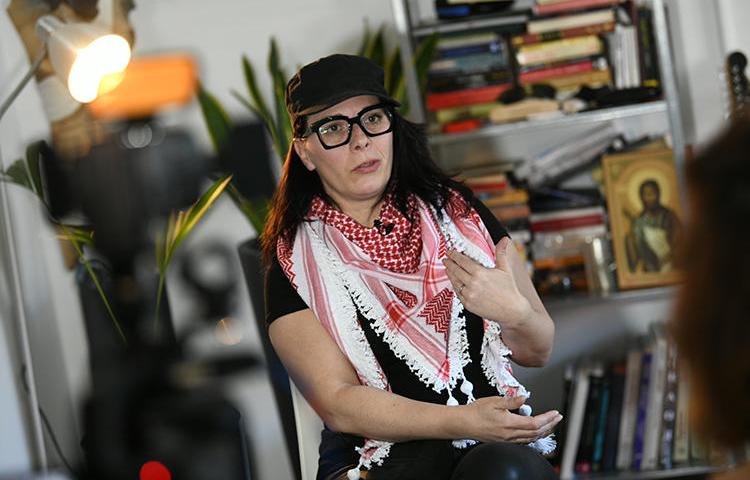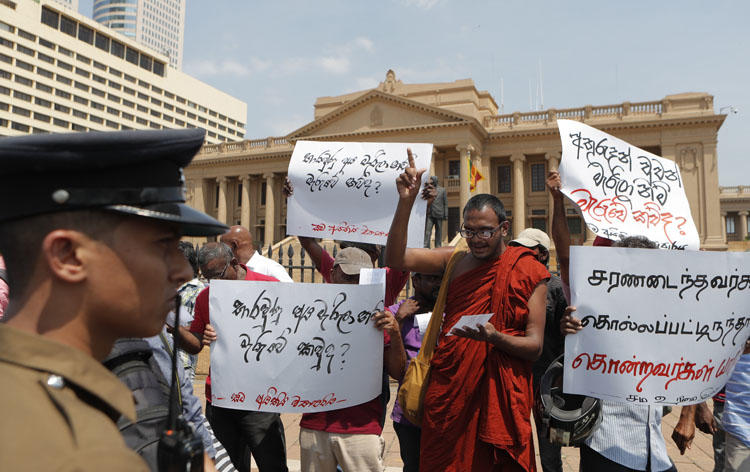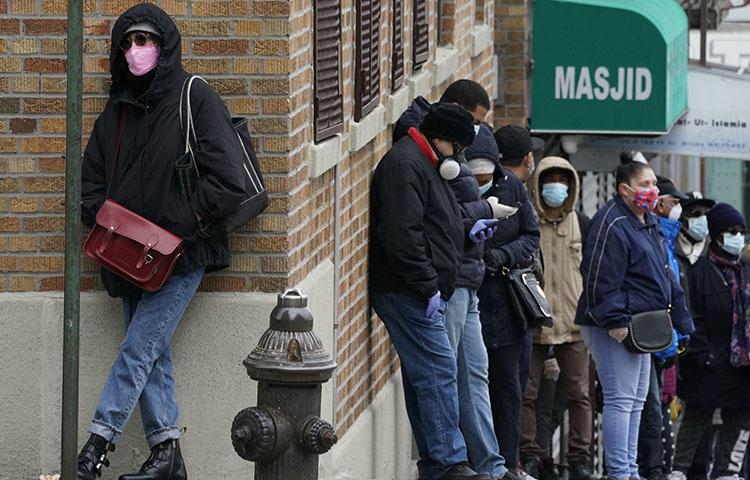
Q&A: U.S. photographers navigate a new reality under COVID-19
As newsrooms across the United States gradually shut their doors in March and sent many journalists into the safety of their homes, others have no choice but to remain outside. Photojournalists throughout the U.S. and around the world are continuing to visually document how the world is adjusting to this historic moment amid the COVID-19…
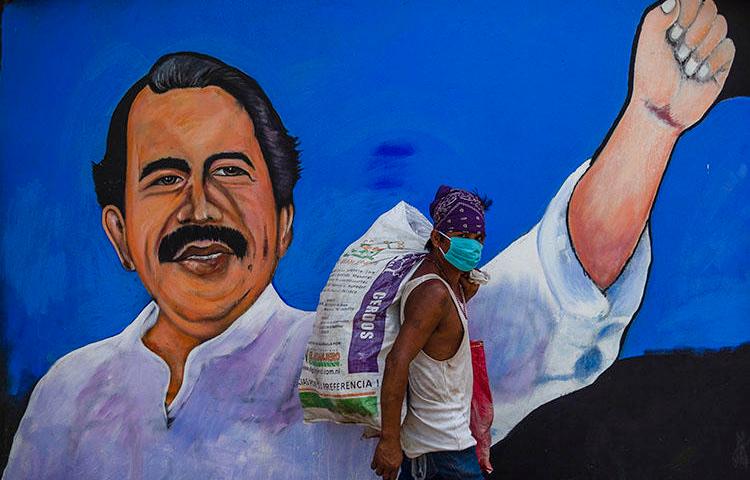
Álvaro Navarro on covering COVID-19 in Nicaragua, Central America’s center of virus denial
Over the last two years–since protests and a government crackdown began in April 2018—Nicaraguan journalist Álvaro Navarro and his outlet, news website Artículo 66, have been a vital source of information for people looking for alternatives to the government’s discourse. During the COVID-19 pandemic, he and his team have been on the frontlines, reporting on…
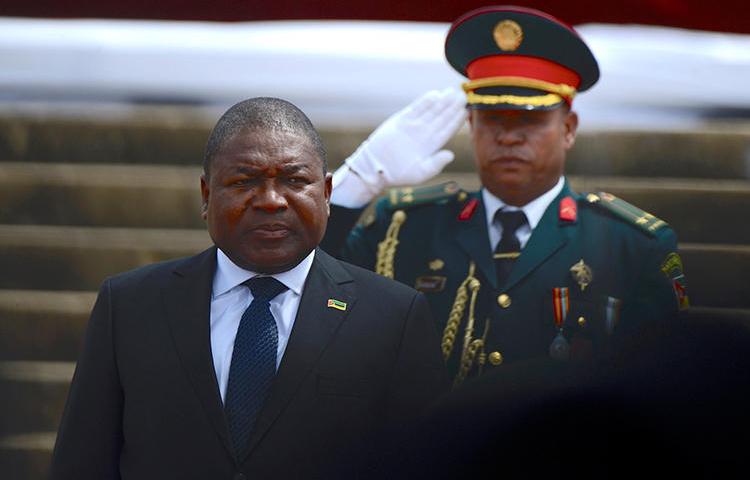
CPJ joins letter to Mozambican president about enforced disappearance of journalist Ibraimo Abú Mbaruco
The Committee to Protect Journalists joined 16 other civil society groups today in sending a letter to Mozambican President Filipe Jacinto Nyusi expressing concern about the deteriorating human rights situation in northern Cabo Delgado province, including the enforced disappearance of radio journalist Ibraimo Abú Mbaruco.

CPJ, partners call on social media and content sharing platforms to preserve data
The World Health Organization has called the novel coronavirus an “infodemic” and the topic of disinformation and “fake news” has remained at the forefront of this century’s worst pandemic, with social media and tech platforms playing a central role. COVID-19 has forced many companies to move to remote work, and tech platforms and social media…
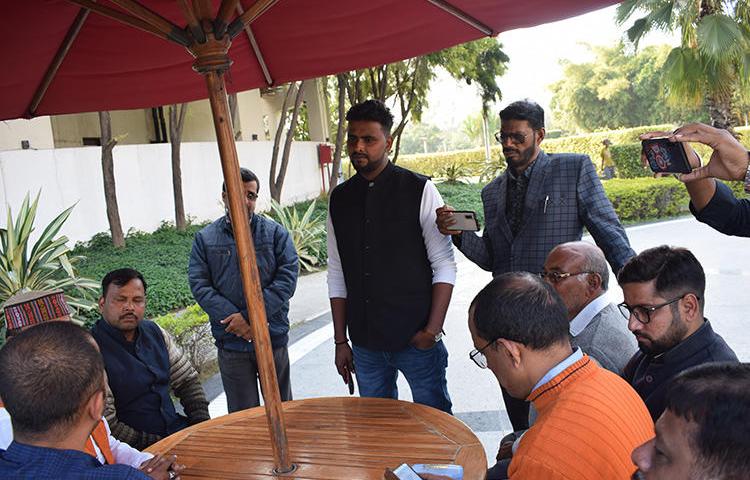
Mission Journal: Journalists in India’s Uttar Pradesh say threat of attack or prosecution looms large
Also available in हिंदी में On March 26, two days after Indian Prime Minister Narendra Modi announced a national lockdown to control the spreading of COVID-19, Hindi-language daily Jansandesh Times reported that a tribe in Varanasi, Uttar Pradesh state, didn’t have enough to eat due to the sudden announcement and that children were eating grass.…
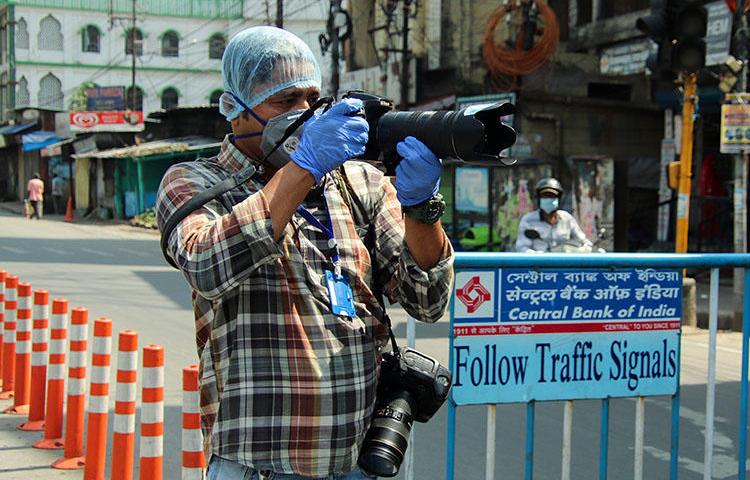
Freelance journalists risk lives and livelihoods amid COVID-19 pandemic
Johannesburg-based freelance journalist Yeshiel Panchia was on his way to cover a story about a local developer who had found a way to keep his wage laborers employed during South Africa’s coronavirus lockdown by letting them live on the construction site so that they didn’t have to leave “home” in contravention of strict rules.
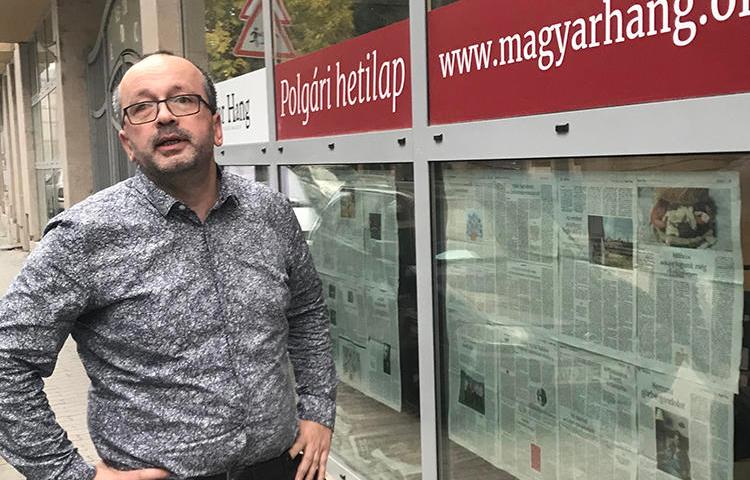
Hungarian journalist Csaba Lukács on covering COVID-19 amid attacks on independent media
In 2018, a group of conservative journalists opposed to Hungarian Prime Minister Viktor Orbán and his right-wing government launched Magyar Hang, an independent weekly magazine. Since then, government officials and their supporters have repeatedly harassed employees of the magazine, calling them “traitors” for opposing Orbán, accusing them of spreading fake news, and threatening them with…

